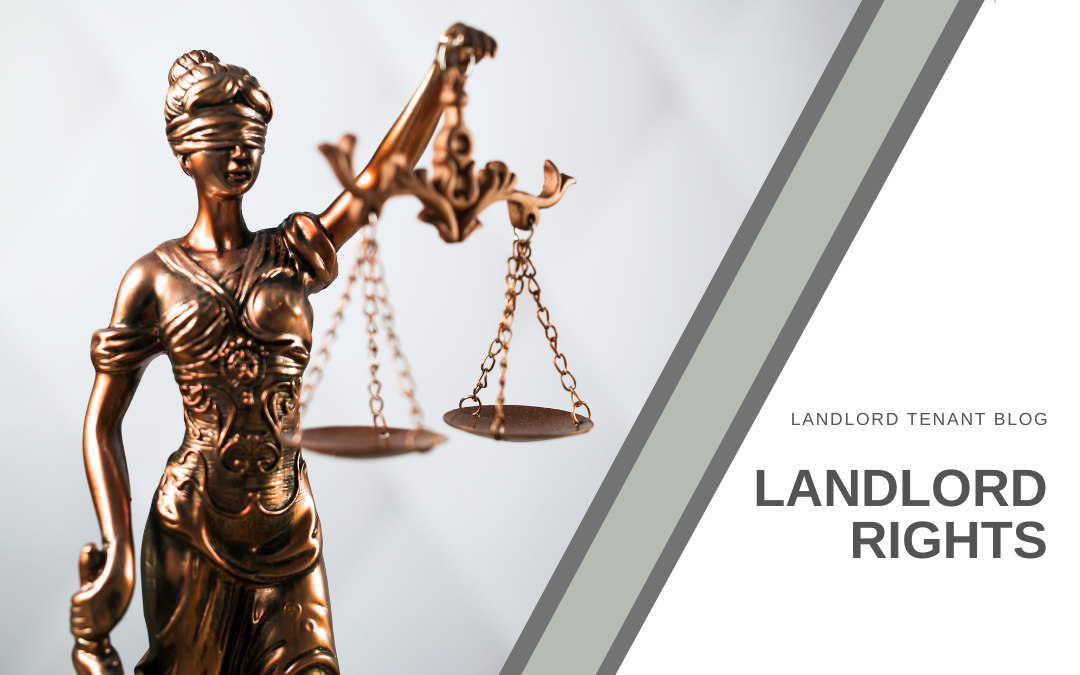Landlord rights tend to focus on receipt of timely and complete payments, access to the property, property conditions, protection from criminal activity, and eviction.
Regulations
Regulations around landlord access to rented property vary state to state. Be sure you research and understand applicable laws in the area where your rental property is located.
In general, a landlord can enter a property to perform a requested service or repair, given they have provide the tenant with resonable notice and within the times of day deemed acceptable by local regulations.
The landlord may also enter at any time to protect or safeguard the premises in the cases of an emergent. Typically, this is done with tenant consent, but the landlord may be within their rights to enter if the tenant unreasonably withiolds consent or is away form the property at the time of the emergency. For example, in most states the landlord would be justified in entering the property if the property was on fire and the tenant wasn’t home.
The United States Department of Housing and Urban Development (HUD) offers a webpage with links to general information on the landlord-tenant laws state by state.

